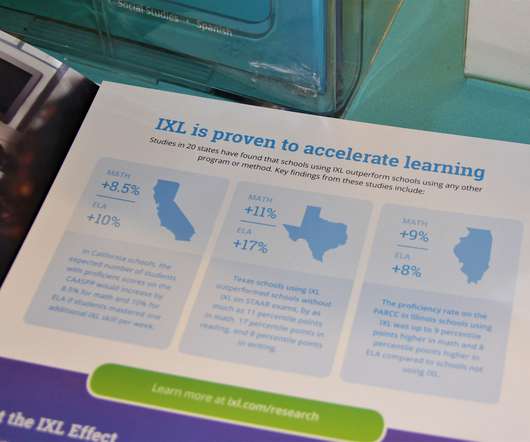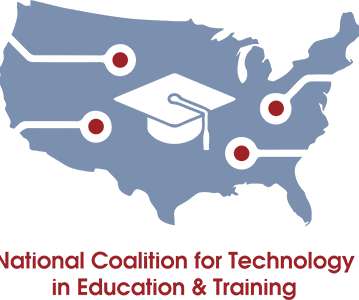The power of ed-tech in the developing world
Neo LMS
DECEMBER 14, 2017
How ed-tech is shaping the developing world: a few case studies. When it comes to innovation and developing economies there are a lot of reports and studies that conclude with a large amounts of “shoulds” and “coulds”. The pilot generated positive results with the average successful pass rate being 86% across topics. Conclusion.









































Let's personalize your content